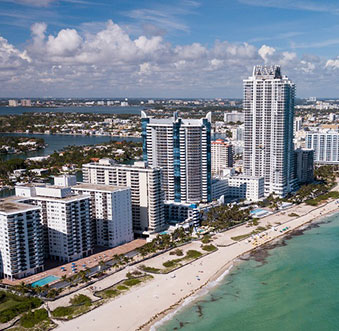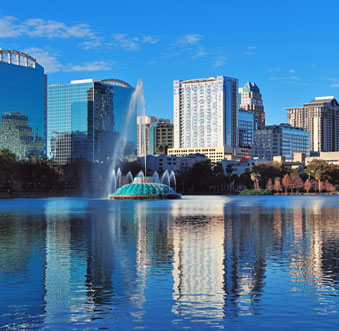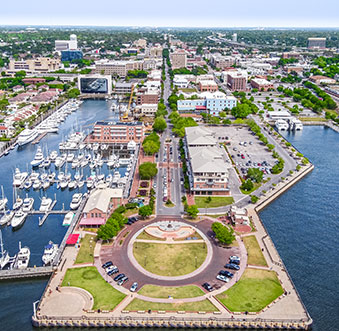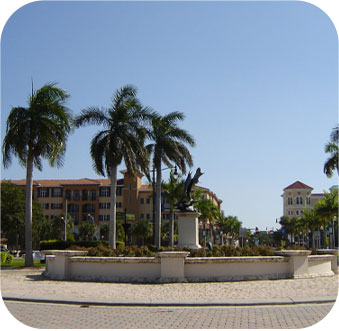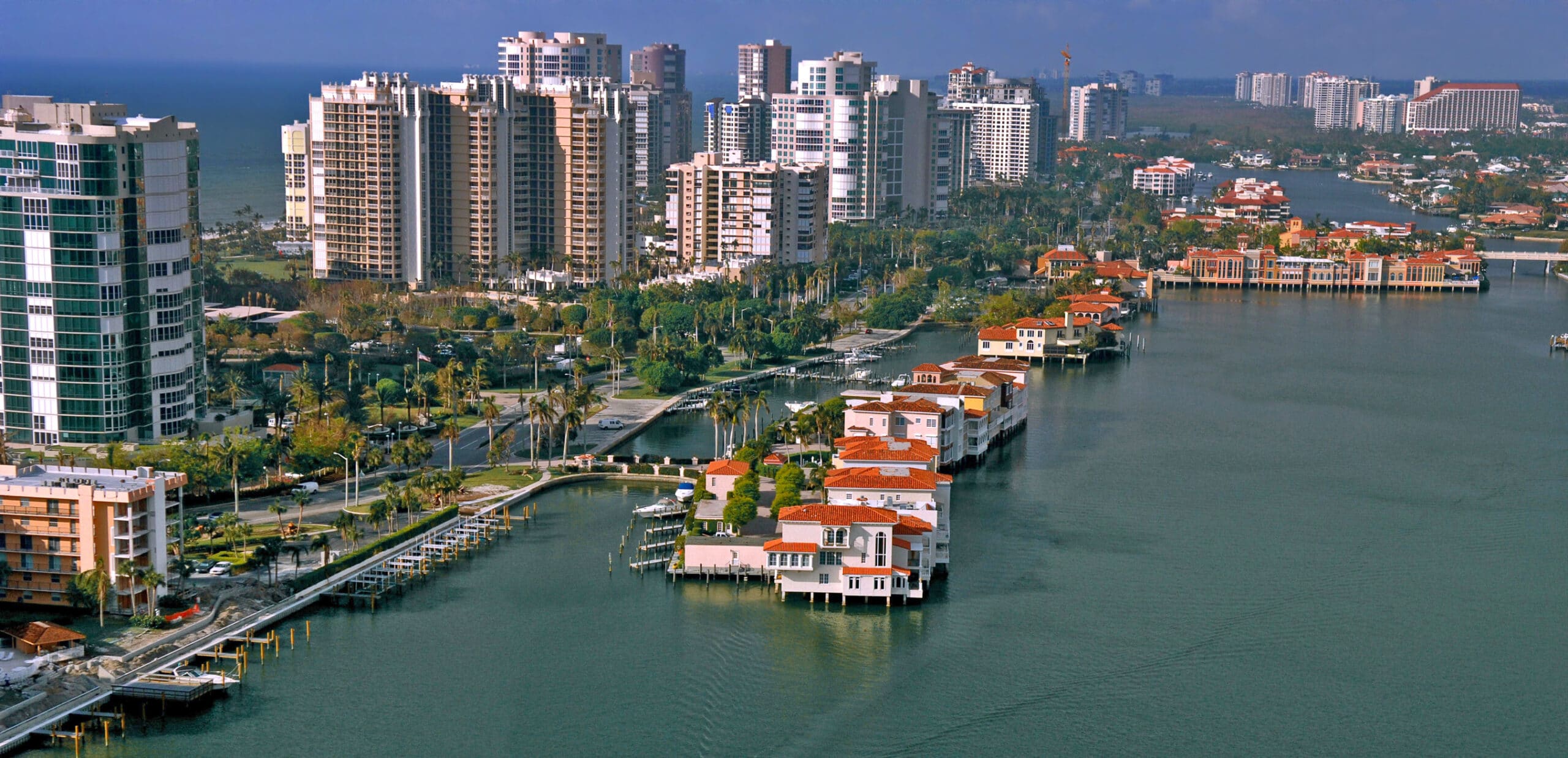For Florida homeowners, these are the most common claims filed with Florida Home Insurance Attorneys and Florida Insurance Companies.
Homeowners Claims:
1. Wind and Hail: Windstorm and hail deductibles are used when homes sustain damage from winds from any source. This includes hurricanes and tropical storms, or tornadoes. Insurers generally cannot increase the deductible for named storms or on homeowners insurance policies that have been in effect for more than three (3) years.
Resources: Contact a Miami Fl Windstorm Home Insurance Attorney or Ft Lauderdale hurricane home insurance, attorney
2. Water Damage: Water damage covered by insurance policies is typically for a sudden event such as a broken appliance causing a leak or burst plumbing.
Most policies also cover water damage from leaking roofs and walls. However, some policies will only cover interior water damage if there is direct damage to the building that creates an opening for water to enter, such as wind damage.
3. Non-theft Property Damage:
- a) One type of non-theft property damage is the loss of use. Loss of use means precisely what the words say no more and no less. Damages payable by a commercial general liability (CGL) policy because of loss of use is a type of damage that is the consequence of not being able to use the property.
- b) Physical injury to tangible property, including all resulting loss of use of that property. All such loss of use shall be deemed to occur at the time of the physical injury that caused it.
- c) Types of damage that are not caused by theft are numerous, check with your insurance company if you have a question about a specific type of loss.
4. Liability: A liability claim is a situation in which the insured asks an insurance company for help or financial assistance regarding a third party’s loss or damage that is due to the insured’s involvement. Insurers will only consider the claim, if the policy covers the particular type of loss or damage suffered by the third party.
Need additional help? See a Florida home liability claim dispute attorney
5. Theft: Typical homeowners (including renters and condominium) policies include coverage for your personal property. Loss due to theft is generally included as part of personal property protection. Most policies also include coverage for your property while it is away from the home, subject to limitations. Please note that personal property limits are initially set as a percentage of your dwelling coverage, which determines how much your insurance provider can reimburse you for the theft. It’s important to set realistic limits based on the value of the items in your home so you don’t end up with a significant loss.
Sinkhole Claims
In March of 2013, an entire house fell into a huge sinkhole in a suburb of Tampa, Florida, receiving national attention. Although such large, sudden and destructive sinkholes are relatively rare, thousands of small sinkholes appear in the U.S. each year. The most damage from sinkholes occurs in Florida, Texas, Alabama, Missouri, Kentucky, Tennessee, and Pennsylvania, according to the U.S. Geological Survey.
Most homeowners insurance policies do not include coverage for sinkhole damage. But, homeowners insurance companies in Florida and Tennessee are required to offer the coverage. In Florida catastrophic ground cover collapse is mandatory; comprehensive sinkhole coverage is optional.
(Note: For information on the Florida Sinkhole law see http://www.insuringflorida.org/articles/sinkholes.html. For statistics on Florida sinkholes see http://www.floir.com/sections/pandc/sinkholepage.aspx).
Business Insurance Claims
According to a report analyzing insurance claims for businesses, claims data from over one million policies purchased by small business owners showed that these are the top business claims to insurance companies.
Learn about: Fl business insurance claims disputes
The data covered a five-year period and applied to liability, auto, and property claims.
1.Reputation harm: The most obvious negative consequence that a defamatory statement can cause is harm to your professional reputation. Perhaps you are a local business person and someone made a statement about you to others indicating that you did something dishonest. Such allegations might cause your customers to take their business elsewhere. Perhaps the statement caused your employer to doubt whether you should remain employed.
2. Vehicular Accident: A traffic collision, also called a motor vehicle collision (MVC) among other terms, occurs when a vehicle collides with another vehicle, pedestrian, animal, road debris, or other stationary obstruction, such as a tree, pole or building. Traffic collisions often result in injury, death, and property damage.
3. Fire: Filing an FL fire insurance claims enables you to repair or even rebuild your damaged businesses. “Actual cash value” policies entitle you to the amount it would take to return business or home, including its contents, to its pre-fire fair market value.
4. Business Interruption Insurance: covers the loss of income that a business suffers after a disaster. The income loss covered may be related to the closing of the business or due to the rebuilding process.
While property insurance covers the physical damage to the impacted business, the additional coverage with a business interruption policy covers lost profits. This additional policy provision is applicable to all types of businesses and is designed to put a business in the same financial position prior to the disaster occurring.
Business Interruption Insurance coverage can be added to a business’s property insurance policy. Since business interruption is included as part of the business’s primary policy, it only pays out if the cause of the loss is covered by the overarching policy or a defined event in the case of a standalone.
According to the Insurance Information Institute (III), the following are typically covered under a business interruption insurance policy:
- Profits. Profits that would have been earned based on historical financial statements.
- Fixed costs. Operating expenses and other costs incurred based on historical costs.
- Temporary location. Some policies cover the extra expenses for moving to and operating from, a temporary location.
- Commission and training cost. Business Interruption (BI) policy essentially covers the cost of providing training to the operators of the machinery replaced by the insurer following the insured events.
- Additional expenses. Reimbursement for reasonable expenses other than fixed costs that permit the business to continue operating while the property is being cleaned up, repaired, and in some cases, rebuilt altogether.
- Civil authority ingress/egress. Government-mandated closure of business premises that directly causes loss of revenue. Examples include forced business closures because of government-issued curfews or street closures related to a covered event.
The coverage is in force until the end of the business interruption period determined as stated in the insurance policy. Most policies define this period as starting on the date of the covered peril and the damaged property is physically repaired and returned to operations under the same condition prior to the disaster.
Businesses can also obtain contingent business interruption coverage, which pays out when a business is unable to operate because of a manmade or natural disaster that damages the business facilities of a supplier or customer(s), preventing the covered business from engaging in normal trade.
5. Product Liability: Product liability refers to a manufacturer or seller being held liable for placing a defective product into the hands of a consumer. Responsibility for a product defect that causes injury lies with all sellers of the product who are in the distribution chain.
6. Wind and Hail Damage: Ensuring you have adequate business insurance in place will help you recover in the aftermath of a storm. But it’s also essential that you take steps to protect your property before a severe weather event. From regularly inspecting your roof to securing equipment and valuables, the following actions will help you reduce the risk of damage to your business in the event of a storm. Fl business hurricane damage claims
7. Customer Slip and Fall: “Slip and fall” is a term used for a personal injury case in which a person slips and falls resulting in injury on someone else’s property. These cases usually fall under the broader category of cases known as premises liability claims, because slip and fall accidents usually occur on the property (or “premises”) owned or maintained by someone else, and the owner or possessor of the property may be held legally responsible. See: Business Fl insurance liability claims
8. Struck by Object: Fewer than 5 percent of all business claims involve being struck by objects. But, the average payout is $10,000. The damage caused by this type of claim is serious so normally worker’s compensation coverage will protect your business against this type of claim.
9. Burglary and Theft: On average, 20 percent of small business owners were affected by these insurance cases, in the past five years. The crime does not have to be committed or involve theft. Often called breaking and entering.
Additional Resources for Policyholders:
- Business Interruption Insurance Claims
- Business Interruption Q & A
- Fl business insurance theft law
- South Fl business insurance law firm
Additional Resources for Professionals:
